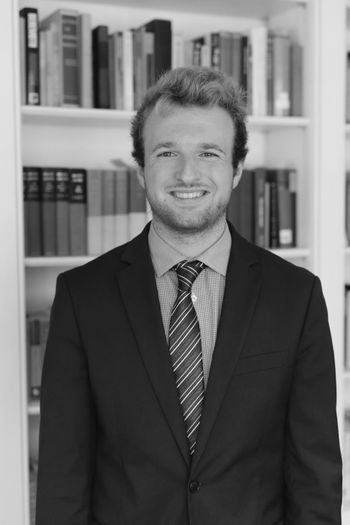Curriculum that warns students against using the term ‘biological sex’ will continue this fall at American universities
The Safe Zone Project, a ‘free online resource for powerful, effective LGBTQ awareness and ally training workshops,’ offers a free two-hour session that many universities are using.
Sample questions include ‘How do lesbians have sex,’ ‘Is bisexuality real,’ and ‘Is a man who dates a transgender woman actually gay.’
Several universities have used or are planning to use a curriculum devised by “The Safe Zone Project” that cautions students about using the term “biological sex.”
The Safe Zone Project (SZP), described as a “free online resource for powerful, effective LGBTQ awareness and ally training workshops,” offers a free, uncopyrighted two-hour-long curriculum, according to its website.
[RELATED: University offers ‘safe space’ program to educate LGBTQ+ allies]
Several parts, such as “First Impressions of LGBTQ People” and the “Genderbread Person,” comprise the two-hour session. In the former, facilitators ask participants to think of the last time they learned someone identified as gay or transgender and where their impressions came from, such as their family, friends, the news, or church.
Instructors use ‘Genderbread Person’ to classify the differences between sex and gender. Those who use the term ‘Genderbread Person’ argue that gender is on a spectrum with unlimited options, as Campus Reform previously reported.
The curriculum pushes against using phrases such as “born female” or “born male,” pointing out that “assigned” by a doctor correctly “depicts the situation of what happens at birth.”
SZP curriculum dedicates about eight pages of space to vocabulary words. The curriculum notes that some terms are misunderstood, like “biological sex” which the curriculum notes is “often seen as a binary.”
“There are many combinations of chromosomes, hormones, and primary/secondary sex characteristics that one might embody, so it’s often more accurate and helpful to view this as a spectrum,” the curriculum states.
“Coming out” is another commonly misunderstood term, the curriculum notes, because people often think it refers to a single event when it is a “continuous, lifelong process.”
“Everyday, all the time, one has to evaluate and reevaluate who they are comfortable coming out to, if it is safe, and what the consequences might be,” it states.
The curriculum cautions about “heteronormativity,” which refers to the assumption that heterosexuality is the default sexuality. The curriculum provides an example of someone asking a married woman for her husband’s last name.
[RELATED: Student gov to pursue mandatory LGBT ‘ally training’ for faculty]
Another section of the curriculum, “Fearfully Asked Questions,” eliminates purported misconceptions about LGBTQ people. Sample questions include “How do lesbians have sex,” “Is bisexuality real,” and “Is a man who dates a transgender woman actually gay.”
Several universities have used the SZP curriculum, such as Adelphi University in April, Albany State University in 2021, and the University of Iowa and Western Carolina University in spring of 2023. Montana State University plans to offer the training in the fall 2023 semester.
Several other universities, including Boston University, University of Rhode Island, University of Southern Maine , and Murray State University, also use the curriculum, although they do not specify when.
Meg Bolger, a social justice facilitator, educator, and writer, according to her biography, and Sam Killermann, an author and gender & sexuality educator, created the curriculum in 2013.
Campus Reform contacted the universities for comment, requesting how they have used the curriculum and the cost. The article will be updated accordingly.

